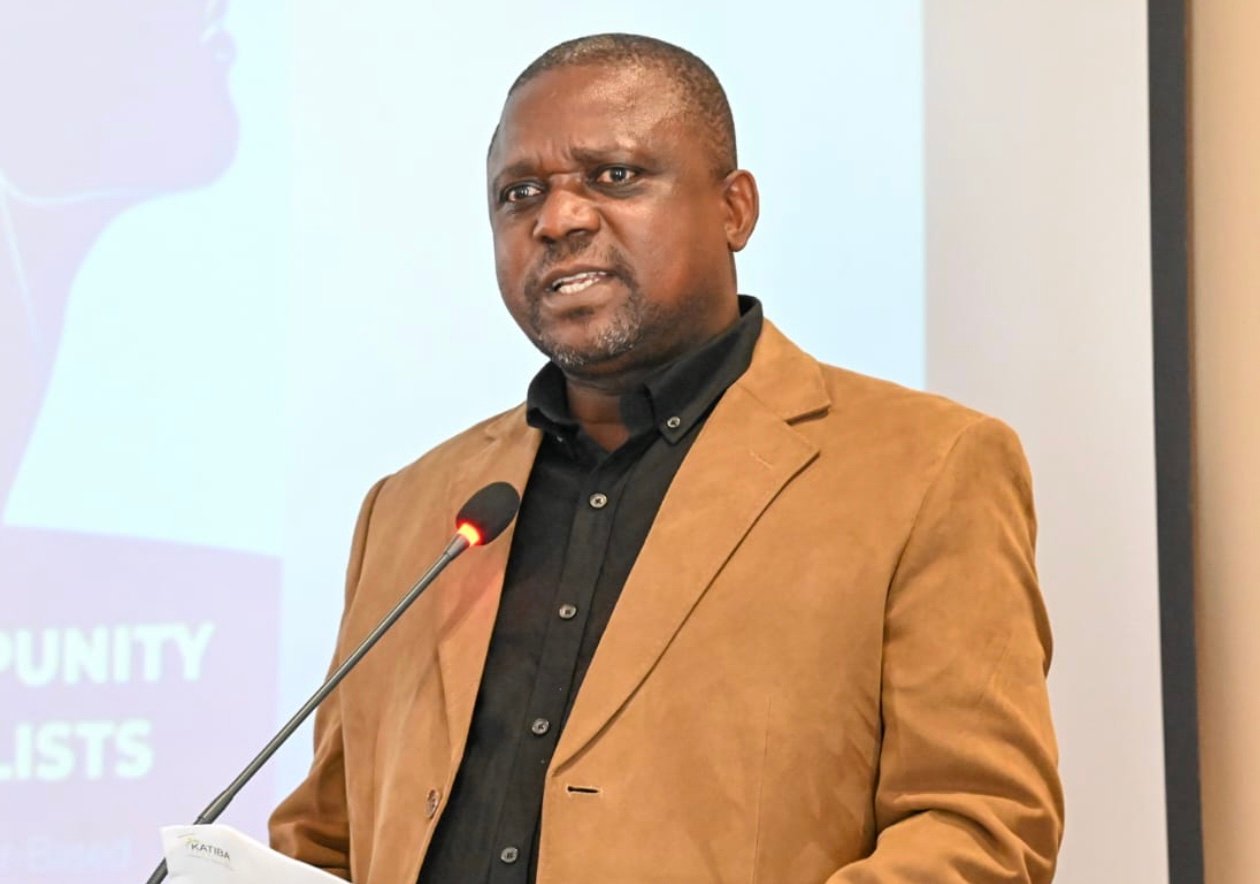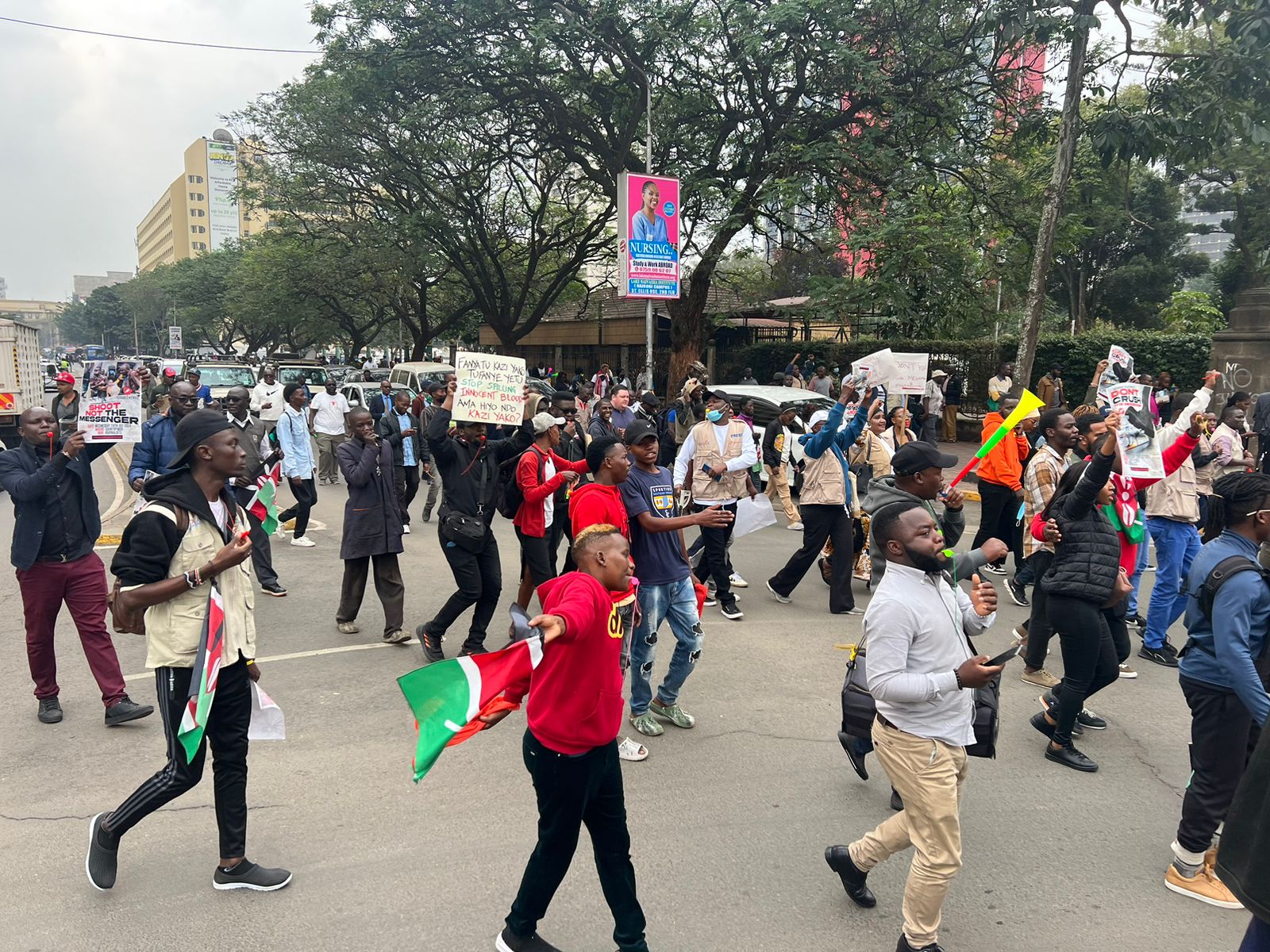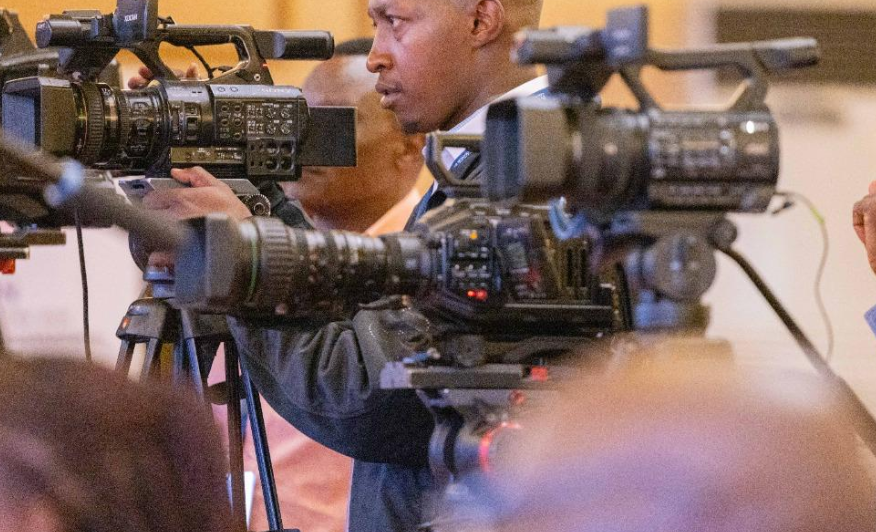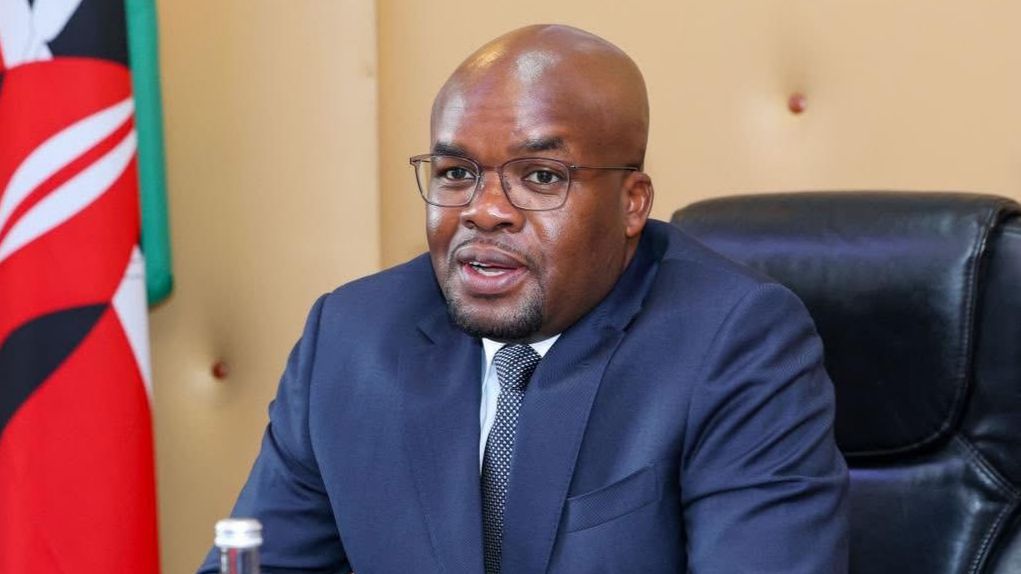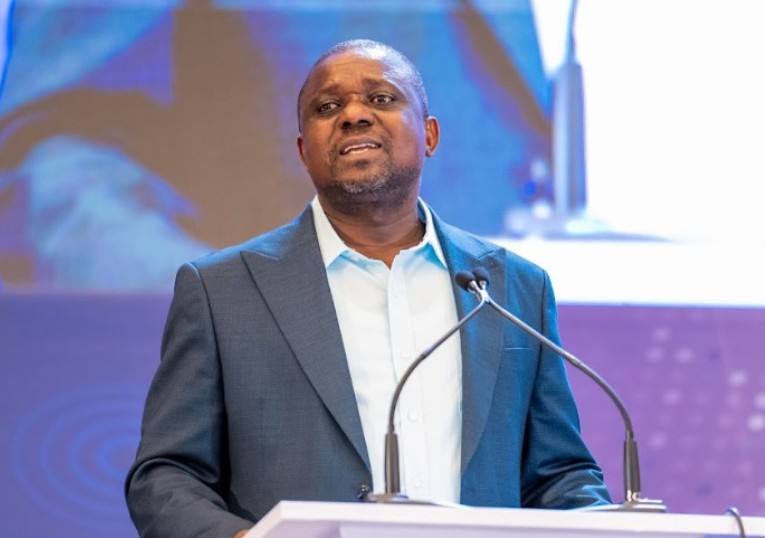By Victor Bwire
The growing global concern about the governance of digital platforms, coupled with the mistrust shown by many policymakers, is worrying, especially considering the many benefits brought about by technological innovation.
Many governments have adopted an adversarial stance: if you don’t play by the rules, you don’t access our market. This approach is not good for innovation or the vast opportunities that come with it.
The most dangerous trend, however, is that most regulators lack the technical knowledge and expertise to develop practical governance models, and they don’t necessarily need to. Yet, with the continued reluctance of big tech companies to engage meaningfully with other players in the media and technology space, some governments may take drastic and potentially harmful measures.
Information is a public good and an enabler of human rights. When discussing information integrity, interventions to govern digital platforms must move beyond focusing only on the source and receiver in the communication chain, and instead give more attention to the channel, the digital platforms themselves.
Read More
Given the complexities involving money, research, and technology, governments will struggle to keep up with big tech companies. Laws alone may not help the situation, except perhaps by driving African governments to take drastic actions, including restrictive laws or administrative measures such as internet shutdowns.
African governments must urgently, through existing mechanisms such as the African Union, prioritize a continental approach to engaging big tech companies. This will help protect citizens from harm arising from digital platforms. Leaving the matter to individual countries to enact fragmented national laws will not be effective. The issues of system design, processes, and platform governance are beyond the capacity of individual African states; a collective approach is therefore the most viable.
Big tech firms often view Africa as a small market, partly due to language diversity, which demands significant investment in content moderation and technology deployment, factors that may discourage them. Regulators across the continent must quickly recognize the need for a continental framework and advise their governments accordingly. Such a framework should consider a co-regulation model that brings together governments, regulators, academia, civil society, religious groups, and technology experts.
The ongoing technological rivalry among the United States, Europe, China, and Russia is advancing too rapidly for Africa to face it divided. A united continental front is more crucial now than ever. The African Union has already developed a continental strategy on Artificial Intelligence (AI), a commendable step. What is now needed is a similar continental strategy for the governance of digital platforms, given the growing risks.

Beyond the global concern about protecting minors, stakeholders have also raised issues around online safety, information integrity, disinformation, and foreign influence. As the African Continental Free Trade Area (AfCFTA) becomes a reality, it is vital to harness technology and innovation to support a Pan-African approach to digital platform governance.
Tech companies have begun improving their standards and actions to curb illegal and harmful content. Using machine learning and artificial intelligence, they identify policy-violating content and work with third-party fact-checkers and trusted partners to monitor, flag, and remove harmful material.
UNESCO’s Social Media for Peace project, piloted in four countries, has shown success in creating coalitions that enhance dialogue, cooperation, and coordination among civil society, regulators, and tech companies to address harmful content, disinformation, and hate speech. This model should be adopted by African regulators and championed at the continental level.
In Kenya, with support from UNESCO and the EU, stakeholders have formed a National Coalition of Content Regulators to guide the country away from restrictive laws toward responsible platform governance. This emerging model of regulated self-regulation could strengthen both self-regulation and co-regulation already being practiced in parts of the continent.
Europe and other regions have adopted similar regional approaches with great success. However, Africa’s context is unique, and what works elsewhere may not work here. The continent must therefore negotiate and develop frameworks that suit its specific needs and realities.
Mr. Victor Bwire is the Head of Media Development and Strategy at the Media Council of Kenya.
